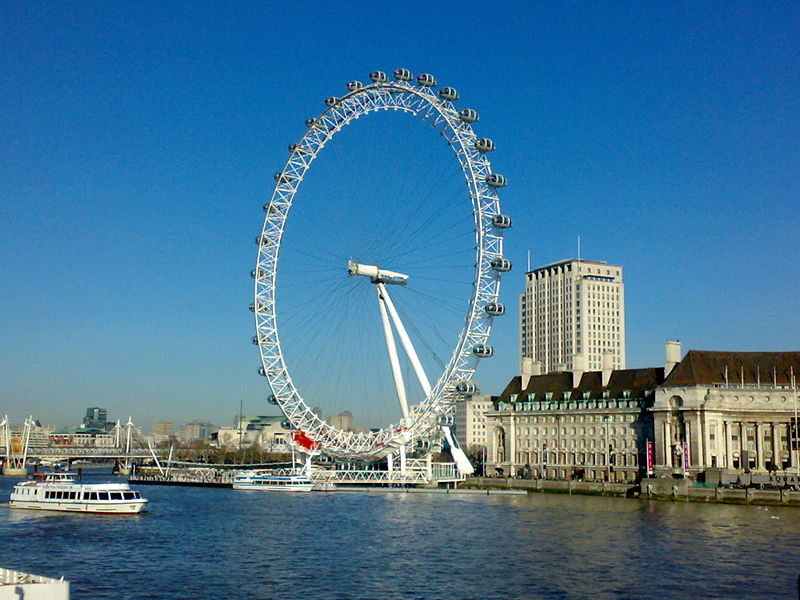Procrastination, from the latin procrastināre might be dressed up as “put off”, “wait and see” or “put the decision on hold for the time being”…the temptation to leave things until later, or the last moment is inherent in human beings .
Firstly, it’s crystal clear we can’t do everything at once, or in the beat of a drum.
Secondly, we usually have the expectation of gaining instant gratification when we complete a task. So if we foresee that this won’t happen, we tend to leave it for later. It’s tough getting started. Sloth, laziness, or lethargy if you like, is part of human nature.

But let’s not get ahead of ourselves just yet. Aristotles spoke of akrasia – a lack of self-control – when discrediting Plato, who believed it impossible to act against that which reason had defined as fair and just. Yet Aristotle recognized that reason can be polluted by passion, and was conscious that we do not always act on our better judgement.
Our impulses can make us lose our self-control and take us in the opposite direction of where our better judgement was directing us (not finishing a task, arriving late, letting someone down who was relying on us and so forth). It can also stop our will to do something dead in its tracks.
Saint Thomas de Aquino took it one step further. For him, the battle rages between the weak-will – or lack of self-control – of the procrastinator, to follow his or her passions, and the diligent domination of the rational thinking – our better judgement – which allows us to reason and resist such passions.
In his article Our Time, Enrique García-Máiquez says: “The fact that the use of the word procrastination has intensified over the years, its very presence, is down to two reasons: one being psychological and the other sociological. The first, as George Ainslie highlights, is that procrastination is no more than the other side of impulsiveness. Those who do whatever they want, when they want, stop doing what that really set out to do in the first place. A bit like “surfing the net” – but with your will or self-control. And the second reason for this is sociological. Our ever-increasing workload and less time, more gadgets, less independence. More often than not, procrastination is the only escape valve we have form the mounting external pressures.”
As Piers Steel, the author of “The Procrastination Equation,” explains procrastinators are less happy. The reason being the remorse they feel about putting off important decisions about their health, education, career or profession.
Furthermore, while you might be leaving something for tomorrow, there are others out there waiting for today.
Procrastinating makes your work colleagues’ lives more difficult – and your family’s too. Because they have no option but to rely on you.
We need a dose of self-discipline
This amusing video sums up in a very graphic way the irony that many activities, full of good intentions, fall by the wayside. We join a gym and never go, we start writing a novel and never finish, we start learning to play an instrument only to give up later on, or we come up with the solution for a problem and it ends up in scrunched up on a piece of paper at the back of a drawer.
So, it seems pretty clear that what we need to make the most of this is a good old-fashioned dose of self-disciple. Right?



Excellent article. I think that it is setting priorities, and give real importance to every thing.